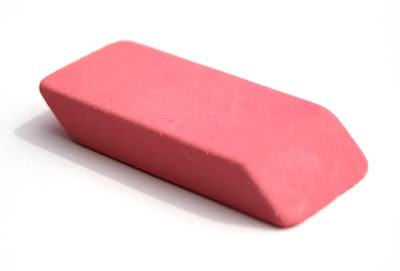Writing is 1 percent inspiration, and 99 percent elimination.
― Louise Brooks
Your boss demands you do more with less.
Start with your writing.
Slow down and try to write more concisely; in particular, eliminate these four common defects:
Roadblocks. Cut needless words and phrases like "very," "actually," "I think" and "in my opinion." And replace modified verbs with strong verbs; for example, replace "consider thoroughly" with "evaluate."
Jerks. Smooth the breaks between sentences by using transitional words and phrases like "because," "for example," and “in contrast.” Use short introductory questions like "Seem reasonable?" to ease the transition into new paragraphs. Use phrases like "Let me explain why" to end paragraphs.
Clichés. Replace clichés with vivid descriptions. Instead of saying "we raised the bar in customer support," say "our Help Desk is hyperfocused."
Monotony. Give your writing some rhythm. Alter the cadence with a mix of long and short sentences. And don't forget those sentence fragments. Yes, fragments.
Believe it or not, elimination adds. It adds spark to your prose readers will notice.
Here's an example:
Before
In my opinion, we substantially raised the bar for responsiveness in customer support last quarter. I think the team was very careful to consider thoroughly the numerous challenges customers routinely experience whenever they called our Help Desk seeking assistance. I would like therefore to offer a big thumbs up to the Sales Operations team for the can-do attitude they demonstrated in tackling this really difficult issue.
After
Sales Operations streamlined a number of critical Help Desk procedures last quarter, improving the customer experience. Without exception, my kudos to team members. You tackled one tough job―and succeeded!







